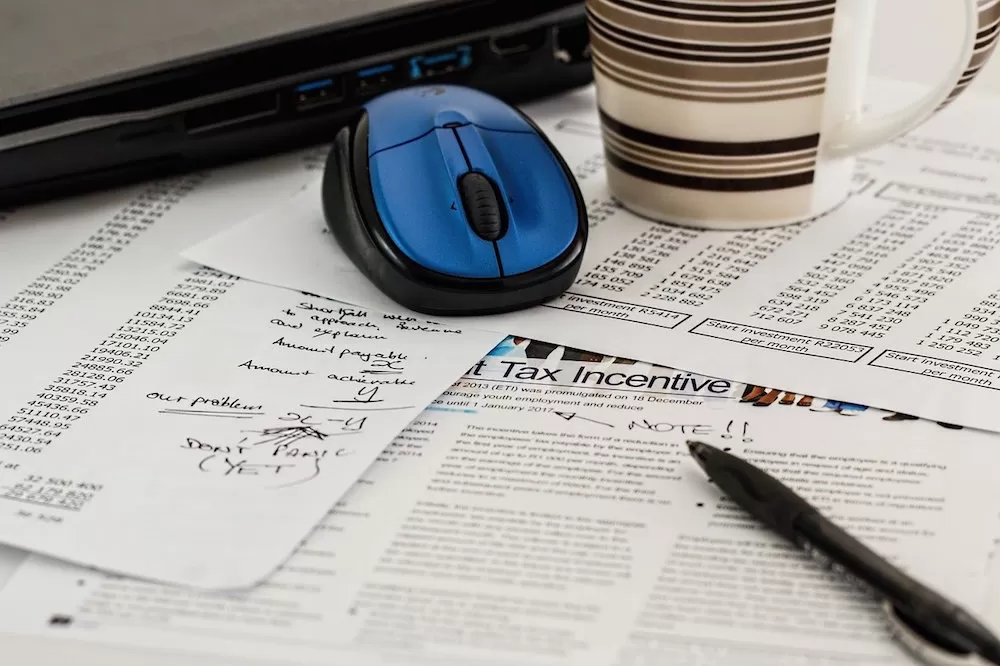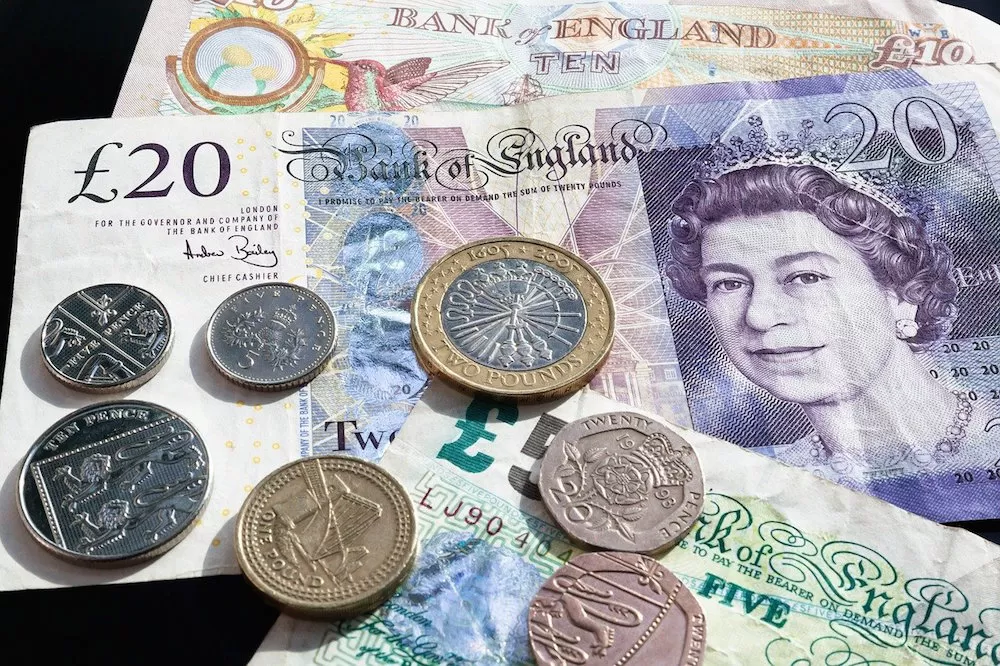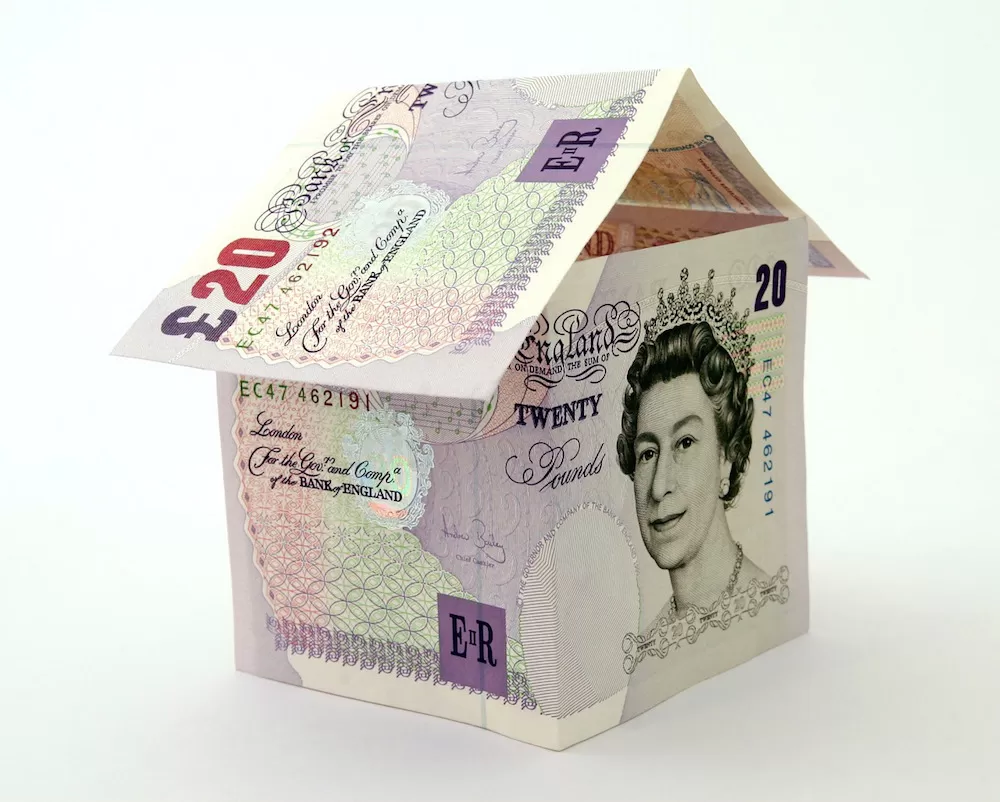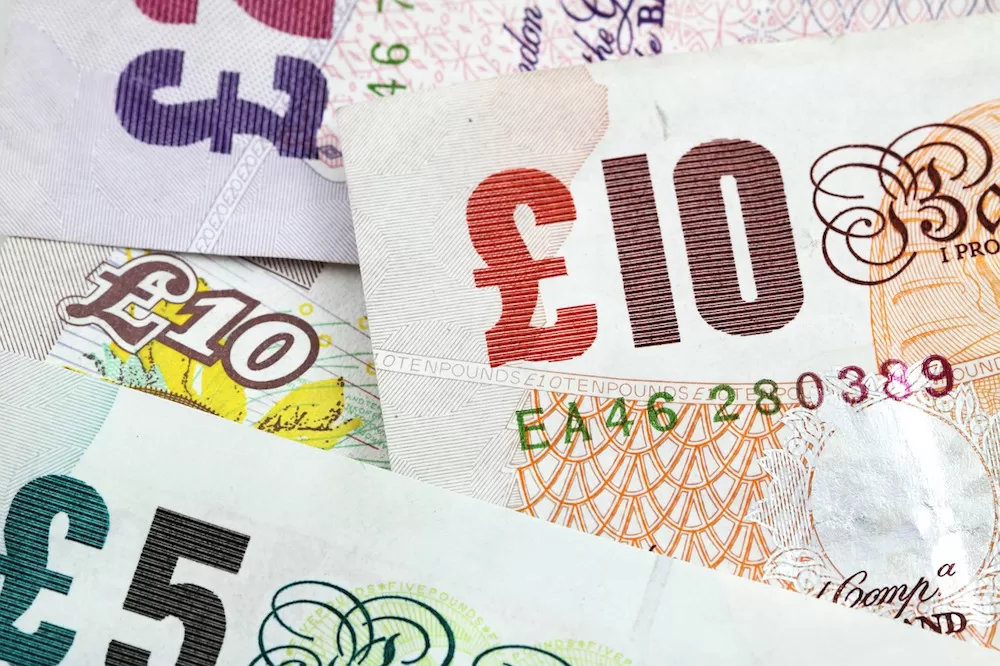
Practically everyone has to pay taxes in the UK. Citizens, residents, and even certain types of visitors in the country are obliged to contribute their fair share. It goes without saying that the taxes both citizens and residents pay help keep the many systems of the government intact. And due to this, the UK was able to earn a whopping £627.9 billion in taxes last 2019. But what type of visitors have to pay taxes too? Business visitors. They pay what is called Short-Term Business Visitors (STBV).
However, you may be exempt from paying taxes yourself. There are certain qualifications that make one not have to contribute to the British government. The most common of which is if you're simply not a resident or citizen of the country. If you're just a tourist visiting the UK, you have no tax to pay for. Both retired and people under the age of 18 are no longer obliged to pay taxes in the UK as well.

As mentioned earlier, doing business in the UK makes you legally required to pay the Short-Term Business Visitors (STBV) tax. The more specific qualification for such is if you've stayed and done business in the country continuously in less than a year, particularly less than 183 days. It even still counts if your own employer is from another country. Though the amounts you have to pay vary in terms of the nature of your business.
If you're working in the UK or have worked in the UK for more than 183, you'll be taxed on your income as a resident. Even if you haven't legally immigrated to the country. That's simply the law here. Everyone pays their fair share to help keep the country running but the tax rate still depends on your annual income. If you only earn £12,500 or below, that rate will be 0%, meaning you don't pay anything at all. It's 20% for salaries ranging from £12,500–£50,000, 40% for those between £50,001–£150,000, and 45% for £150,000 and above.

The UK's National Insurance Contributions (NICs) is sort of like the Social Security system of the country. They handle all payments to various insurance providers and spread it out to ensure that the British healthcare system remains in check. The National Health Insurance System takes care of most people, meaning all of the citizens' and residents' contributions go to keeping it intact. Payments to private insurers, however, aren't part of this system.
Around 12.5% of the total taxes paid to the UK government come from paying the property tax. It may not seem like a lot, but in the bigger picture, this accounts for quite a substantial part. It's why the UK's property tax is considered the second-biggest in the world, right after the US. There are two types of property tax you should know: Stamp Duty Land Tax and the Council Tax. The former accounts for residential properties valued more than £125,000 and commercial properties amounting to more than £150,000. The latter, on the other hand, is a local municipality tax.

While there are taxes on owning property, there's also one for renting it as well. But as the one renting, you're not who's obliged to pay it. The UK's rental tax is considered part of the income tax for those leasing the apartment and it applies to residents and non-residents alike.
If you have various assets that you benefit from financially, you will ahve to pay the country's capital gains tax. But what exactly counts as a chargeable asset? The first of which are any of your personal possessions valued at £6,150 or above. Any real estate property that you own but not your place od residence. Any large property that you earn money from. Any business assets that you may have or you've invested in, and more.

Once you've inherited a certain sum of money or any asset that is valued at a certain amount, you'll be liable to pay the inheritance tax. Fortunately, this is a one-time payment and it will only apply once you've gotten the said inheritance. And similarly to other forms of taxes, the obligation for such depends on how much you've inherited in monetary value no matter what form it came in. The said threshold is £325,000, meaning if you inherited anything above this amount, you need to pay the inheritance tax.
As with any other country, you'll need to file your tax return every year here in the UK. If you don't, you'll be fined or worse, possibly jailed. In this regard, it's important that you know when the deadlines for filing your tax returns. They vary each year but they stay within the latter part of the year to early next year, typically from October to January. For the tax year of 2020/2021, you'll need to file your tax returns on paper by October 31, 2020, and online by January 31, 2021.

The more you know about the UK's taxes, the better you'll be able to adjust to living here in the country. Their tax system isn't as complicated as it may seem and as long as you comply and pay and file on time, you won't face any problem!
Paying your taxes will feel better if you're staying in great accommodation. Any of the UK's luxury apartments will work well for you!